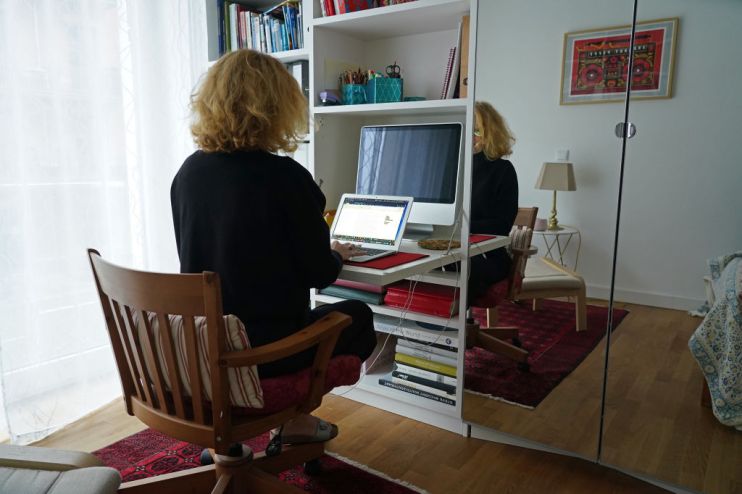Ministers mull making home and flexible working a legal right

The government is said to be weighing up an expansion of employees’ rights to work flexible hours or from home after a shift in habits during the coronavirus pandemic.
A public consultation is set to be launched later this year on how the flexible approach to office life could be extended so that Brits can maintain their current working patterns.
The review, led by the Department for Business, Energy and Industrial Strategy, is likely to explore ways to strengthen the existing legal right to request flexible working.
As it stands, employees can formally request changes to their working pattern. Employers must deal with the request in a “reasonable manner” and make a decision within three months.
It could also add new provisions for employees, including the right to request ad hoc flexible working, where people could change their working hours or location as and when they please, the Times reported.
Some figures in government are pushing for a straightforward legal right to work from home, sources told the newspaper.
A more flexible approach to working has been on the government’s agenda for several years, and was included as a pledge in the Conservative manifesto in 2019.
But the outbreak of Covid and subsequent shift to home working has accelerated the process and forced ministers to decide whether or not to enshrine current practices in law.
A raft of City banks including Goldman Sachs, JP Morgan and Credit Suisse are said to be plotting a return to the office from next week when the government’s stay at home order is relaxed.
However, the official advice remains to continue to work from home unless it is not possible to do so.
Any move to instil remote working permanently will likely come under scrutiny from business groups and Conservative MPs amid fears it could harm the vibrancy of city life.
Scores of central London businesses, including retail and hospitality, have been left reeling by the sharp decline in footfall and are relying on a return to the office to survive.
Emelia Quist, senior policy manager at the Federation of Small Businesses, said approaches to home working varied across sectors and company size, adding that any new legislation should take these differences into account.
“Often there is simply no substitute for in-person interaction with colleagues and clients, particularly when it comes to delivering personal services, teambuilding, training new staff and moving projects forward,” she said.
“There’s also the mental health aspect to consider: while homeworking can have a positive impact, it can also lead to an unhealthy blurring of personal and professional spaces.”
Prime Minister Boris Johnson last month insisted home working would not be the new normal, arguing that “the British people will be consumed once again with their desire for the genuine face-to-face meeting that makes all the difference to the deal”.
A government spokesperson said: “We have committed to consult on making flexible working the default unless employers have good reasons not to. This consultation will be launched in due course.”